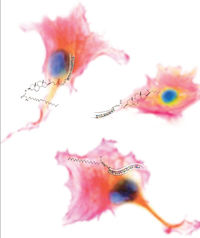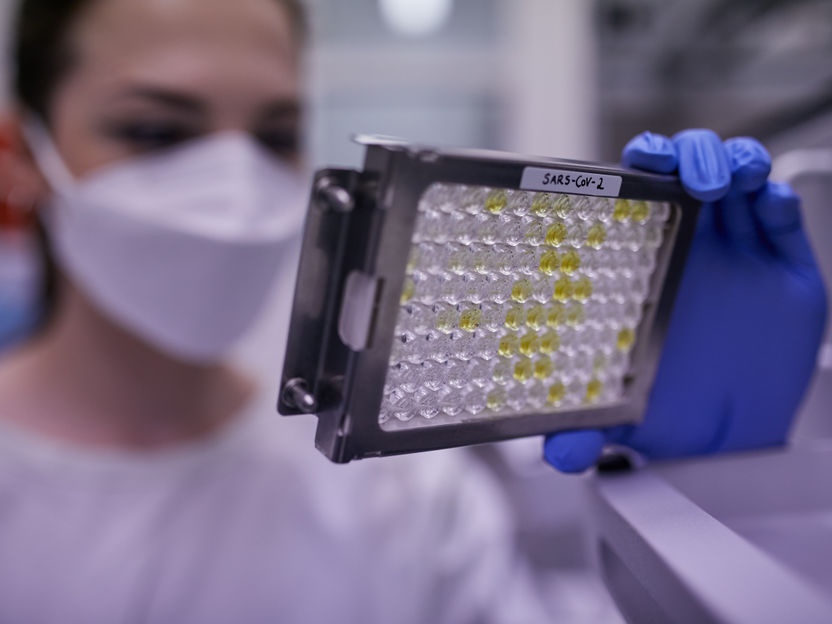Are intravenous treatments safe?
New research raises doubts
German scientists have identified a serious and previously misunderstood contaminant that brings the safety and efficacy of intravenous treatments into question. In a report published in the Journal of Leukocyte biology, they show how a common intravenous treatment used to boost blood pressure in ailing patients also contains substances called "advanced glycation end products," which trigger inflammation. These substances result from reactions that occur among the various proteins (called "posttranslational modification") within the intravenous fluid after it has been formulated for use. This study directly challenges today's prevalent belief that advanced glycation end products are not contaminants.
"Improving the quality of infusion solutions by accounting for posttranslational modification of proteins could lead to better clinical outcomes for patients, such as those treated solutions containing albumin," said Angelika Bierhaus, senior scientist and co-study author from the University of Heidelberg in Germany.
To make their discovery, Bierhaus and colleagues detected advanced glycation end products in several currently available albumin infusion solutions and injected separate groups of mice with solutions containing both high and low amounts of this substance. The mice receiving the high levels of advanced glycation end products experienced significantly higher inflammation and death rates than the mice receiving solutions with low levels of advanced glycation end products. This suggests that screening infusion solutions for posttranslational protein modifications and then removing the compounds may improve patient outcomes, especially treatments requiring albumin infusions.
"It is always difficult to learn that what was once thought safe might have more risk than previously appreciated, especially when it relates to treatments meant to save lives," said John Wherry, Ph.D., Deputy Editor of the Journal of Leukocyte Biology . "This discovery, however, should allow manufacturers to improve the quality, tolerability and safety of a number of clinical products."
Original publication: Per M. Humpert, Ivan K. Lukic, Suzanne R. Thorpe, Stefan Hofer, Ezzat M. Awad, Martin Andrassy, Elizabeth K. Deemer, Michael Kasper, Erwin Schleicher, Markus Schwaninger, Markus A. Weigand, Peter P. Nawroth, and Angelika Bierhaus; "AGE-modified albumin containing infusion solutions boosts septicaemia and inflammation in experimental peritonitis."; J Leukoc Biol 2009 86: 589.
Organizations
Other news from the department science

Get the life science industry in your inbox
By submitting this form you agree that LUMITOS AG will send you the newsletter(s) selected above by email. Your data will not be passed on to third parties. Your data will be stored and processed in accordance with our data protection regulations. LUMITOS may contact you by email for the purpose of advertising or market and opinion surveys. You can revoke your consent at any time without giving reasons to LUMITOS AG, Ernst-Augustin-Str. 2, 12489 Berlin, Germany or by e-mail at revoke@lumitos.com with effect for the future. In addition, each email contains a link to unsubscribe from the corresponding newsletter.



















































